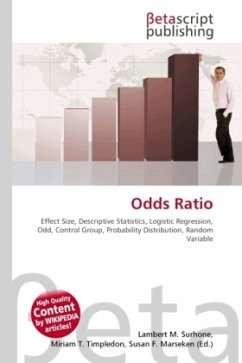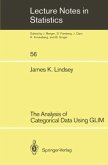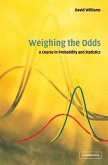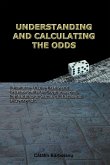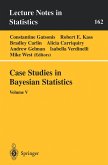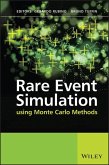High Quality Content by WIKIPEDIA articles! In probability theory and statistics, the odds in favor of an event or a proposition are the quantity p/(1 ? p), where p is the probability of the event or proposition. The odds against the same event are (1 ? p)/p. For example, if one chose a random day of the week (7 days), then the odds that you would choose a Sunday would be: frac{1/7}{1-(1/7)} = frac{1/7}{6/7} = frac{1}{6}, but not 1/7. The odds against you choosing Sunday are 6/1 = 6, meaning that it's 6 times more likely that you don't choose Sunday. These 'odds' are actually relative probabilities. Generally, 'odds' are not quoted to the general public in this format because of the natural confusion with the chance of an event occurring being expressed fractionally as a probability.

